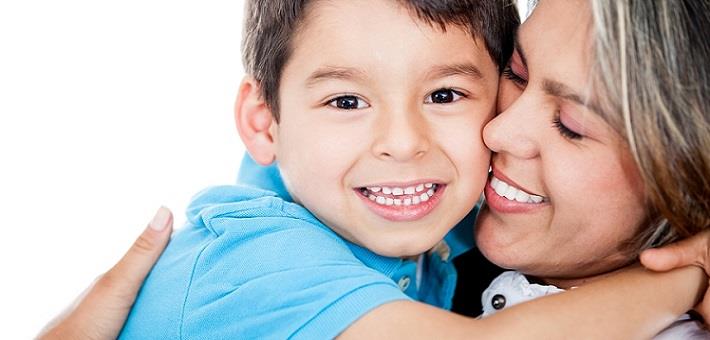
Promoting Prosocial Behavior in Tweens Boosts Well-Being and Popularity
Telling kids to be kind to others also benefits themselves, says a study in PLOS ONE. In a rigorous long-term investigation, the researchers shows that an intervention program can encourage children’s prosocial behavior. Moreover, doing good for others improves peer popularity.
Take aways
- Intervention programs can encourage prosocial behavior in children.
- Encouraging prosocial behavior improves children’s popularity among peers.
Study information
The question?
Is encouraging prosocial behavior in tweens related to increases in well-being and peer popularity?
Who?
415 9- to 11-years olds (mean age = 10.6 years)
Where?
Vancouver, Canada
How?
Every week over the course of four weeks, children were instructed to perform three acts of kindness. Kind acts included “give your mom a hug when she is stressed” and “give someone some of your lunch”.
Before and after the intervention, students filled out a questionnaire assessing their life satisfaction, happiness, and positive feelings. Moreover, children were asked to name the classmates they liked.
Facts and findings
- After the intervention, children reported higher life satisfaction, happiness, and more positive feelings.
- Children who performed kind acts received more peer nominations, gaining an average of 1.5 friends.